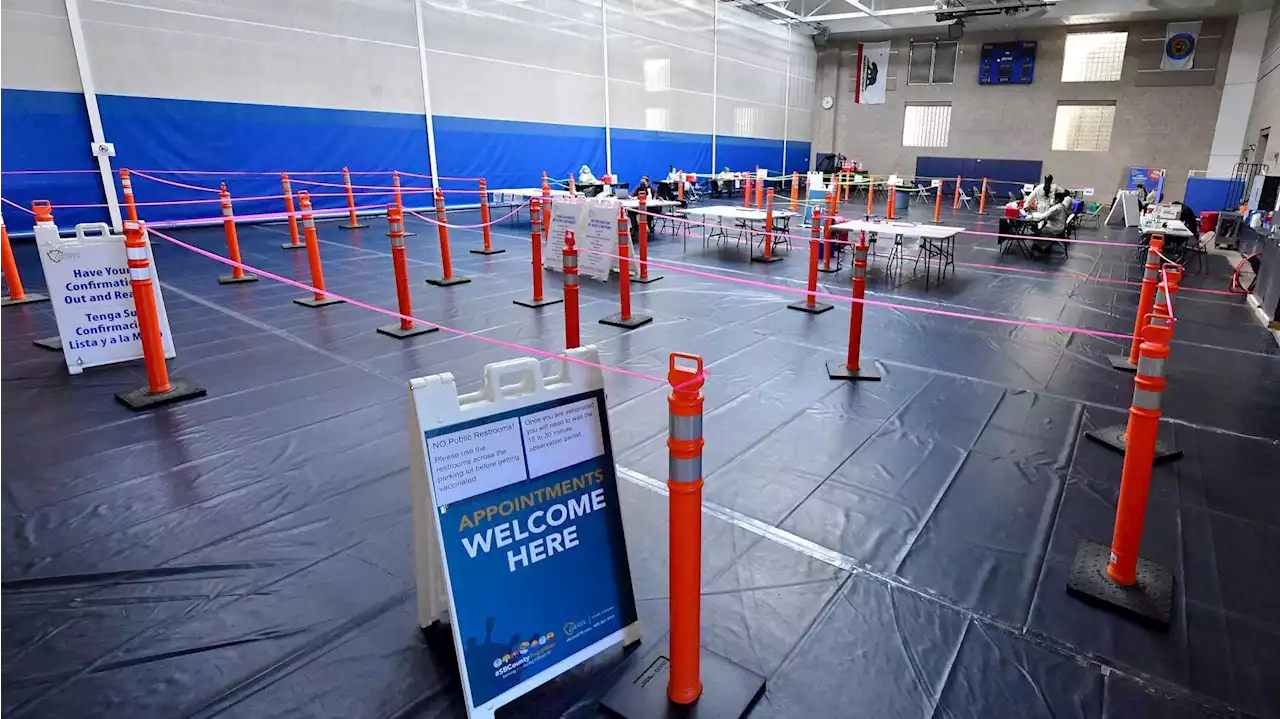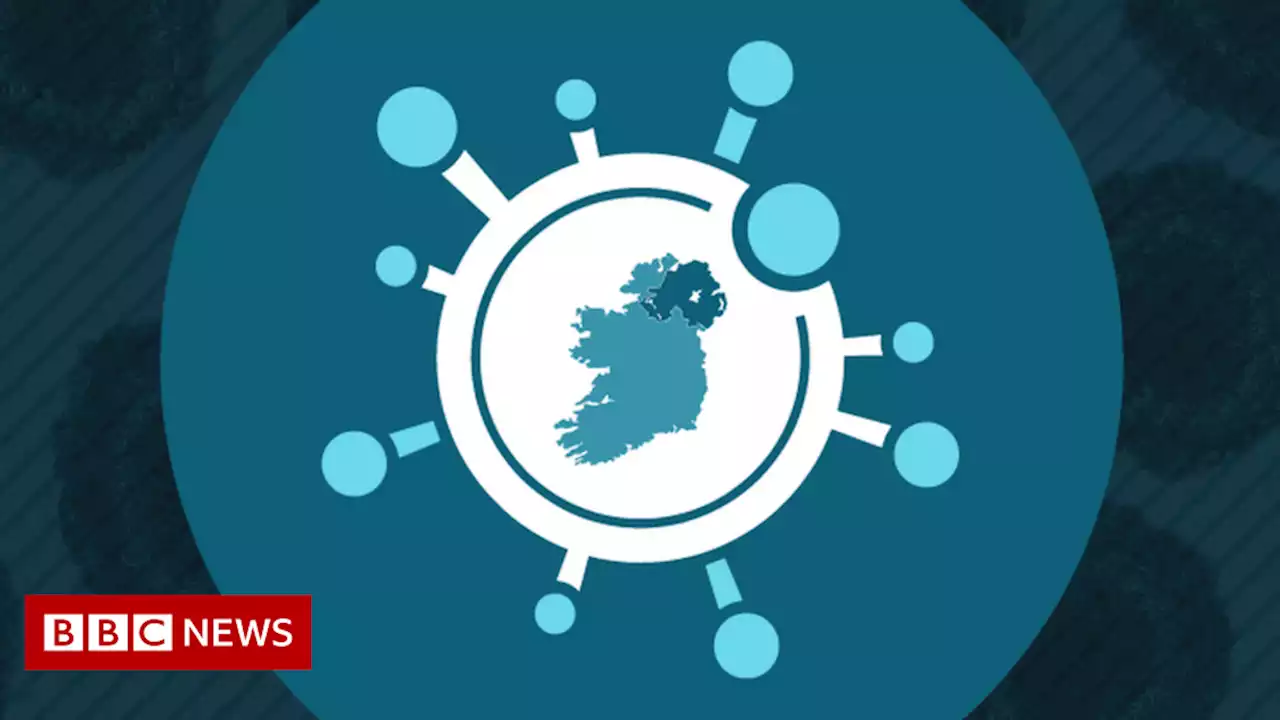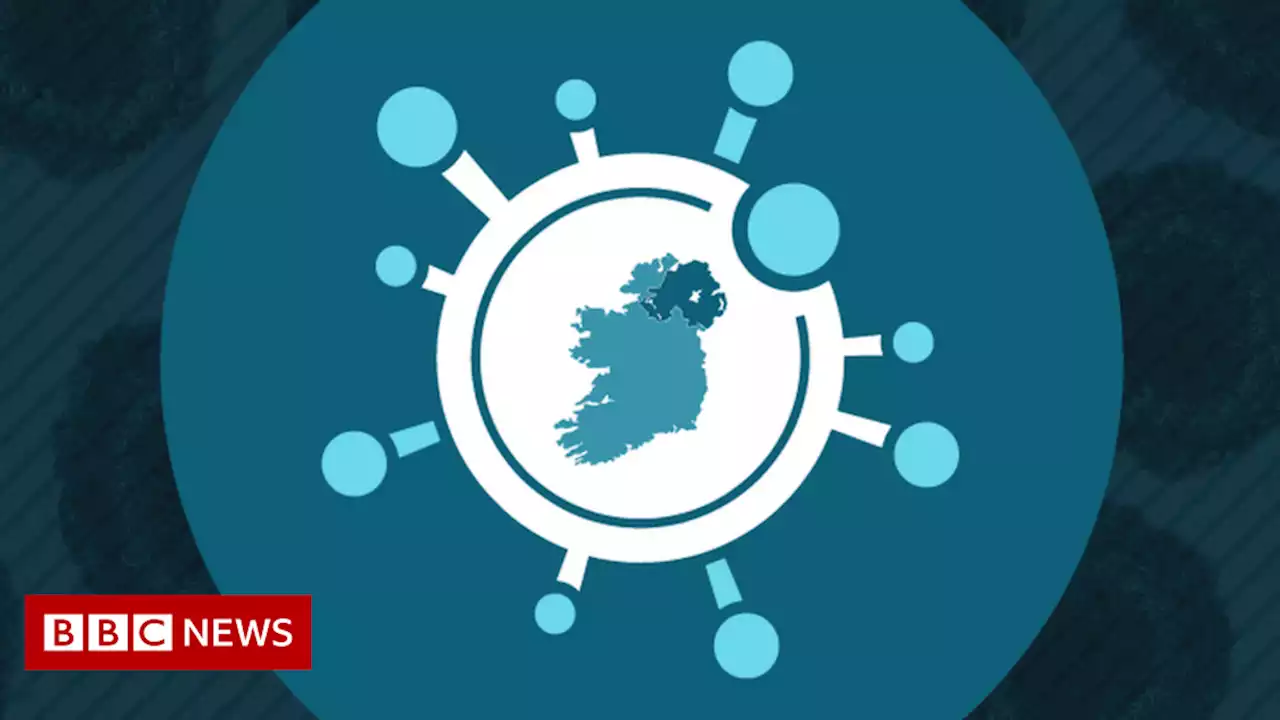We've long known COVID is airborne. So why did it take the World Health Organization two years to say so?
produced when a person coughs, sneezes or speaks, an assumption based on decades-old infection-control teachings about how respiratory viruses generally pass from one person to another.
Critics say that inaction at the agency led to national and local health agencies around the world being similarly sluggish in addressing the airborne threat. Having shifted its position incrementally over the past two years, the WHO also failed to adequately communicate its changing position, they say. As a result, it didn’t emphasize early enough and clearly enough the importance of ventilation and indoor masking, key measures that can prevent airborne spread of the virus.
Morawska presented what she says was a compelling case for airborne transmission. Two facts stood out. First, there was solid evidence that people were becoming infected even when they were more than one metre — the safe distance recommended by the WHO — from a contagious individual. Second, years of mechanistic studies had demonstrated how mucus in a person’s airway can spray into aerosols during speech and accumulate in stagnant rooms. Morawska felt rebuffed by the WHO and its advisers.
The disconnect was there even in the use of scientific terms. Infection-control experts have long drawn a hard line between droplet viruses and airborne ones, seeing only the latter as capable of travelling far and lingering in the air. “Dogmatic bias is certainly a big part of it,” says Don Milton, an occupational-health physician who studies aerosol transmission of infectious diseases at the University of Maryland in College Park.
According to Trish Greenhalgh, a primary-care health researcher at the University of Oxford, UK, the IPC GDG members were guided by their medical training and the dominant thinking in the medical field about how infectious respiratory diseases spread; this turned out to be flawed in the case of SARS-CoV-2 and could be inaccurate for other viruses as well. These biases led the group to discount relevant information — from laboratory-based aerosol studies and outbreak reports, for instance.
Still, Li is disappointed that it took the WHO until October 2020 to acknowledge that aerosols play a part in disease transmission in community settings. And in its updated guidelines on mask use, in December 2020, the agency still emphasized shortfalls and gaps in the evidence for aerosol transmission, and the need for more “high quality research” to understand the specifics of how the virus spreads.
The gravity of the situation might have made the WHO even more cautious in its pronouncements and less likely to stray from consensus views, according to Sandman’s partner Jody Lanard, an independent risk-communications specialist who has also worked with the WHO in the past.
Ireland Latest News, Ireland Headlines
Similar News:You can also read news stories similar to this one that we have collected from other news sources.
 Philadelphia reinstates its indoor mask mandates, COVID testing sites are shutting down, and more COVID newsPhiladelphia became the first major U.S. city to reinstate its indoor mask mandate on Monday after reporting a sharp increase in coronavirus infections. Here's a look at some more COVID news from around the country and world.
Philadelphia reinstates its indoor mask mandates, COVID testing sites are shutting down, and more COVID newsPhiladelphia became the first major U.S. city to reinstate its indoor mask mandate on Monday after reporting a sharp increase in coronavirus infections. Here's a look at some more COVID news from around the country and world.
Read more »
 Covid-19: Two Covid-related deaths and 927 casesThe total number of deaths linked to Covid-19 in NI since the start of the pandemic is 3,369.
Covid-19: Two Covid-related deaths and 927 casesThe total number of deaths linked to Covid-19 in NI since the start of the pandemic is 3,369.
Read more »
 Covid-19: Three Covid-related deaths and 632 casesThe total number of deaths linked to Covid-19 in NI since the start of the pandemic is 3,367.
Covid-19: Three Covid-related deaths and 632 casesThe total number of deaths linked to Covid-19 in NI since the start of the pandemic is 3,367.
Read more »
 Mayor Adams isolating after positive COVID test; NYC health commissioner offers guidance amid rising casesWith holidays, sporting events, and concerts coming up, Dr. Ashwin Vasan wants to make sure all residents stay safe.
Mayor Adams isolating after positive COVID test; NYC health commissioner offers guidance amid rising casesWith holidays, sporting events, and concerts coming up, Dr. Ashwin Vasan wants to make sure all residents stay safe.
Read more »
 Alabama health officials: COVID-19 signs encouragingDr. Karen Landers with the Alabama Department of Public Healths says Alabama is in a “reasonable” place when it comes to COVID-19.
Alabama health officials: COVID-19 signs encouragingDr. Karen Landers with the Alabama Department of Public Healths says Alabama is in a “reasonable” place when it comes to COVID-19.
Read more »
Why the WHO took two years to say COVID is airborneEarly in the pandemic, the World Health Organization stated that SARS-CoV-2 was not transmitted through the air. That mistake and the prolonged process of correcting it sowed confusion and raises questions about what will happen in the next pandemic.
Read more »